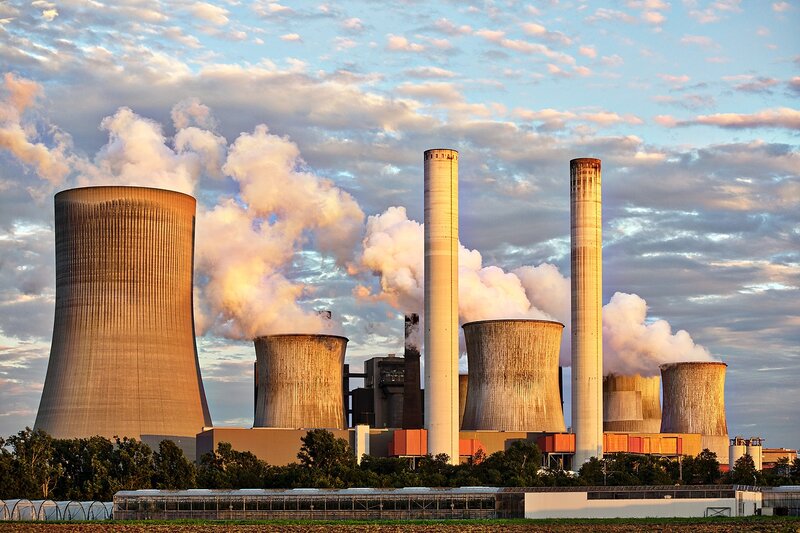A UN report has found that the world’s governments are “doubling down” on fossil fuels despite the need to make urgent cuts in carbon emissions and mitigate the climate crisis.
—
What is Happening?
- The Production Gap Report- so named because the report measures the gap between Paris Agreement goals and the countries’ planned production of coal, gas and oil- says that G20 governments have committed more than USD$230 billion in COVID-19-related funding to fossil fuel production and consumption to date, compared with the $150 billion to clean energy.
- Between 2020 and 2030, global coal, oil and gas production must fall by 11%, 4% and 3% respectively, to meet the 1.5 degrees Celsius target. This averages to a needed 6% fall until 2030.
- However, countries are planning production increases of 2% a year and G20 countries are giving 50% more COVID-19 recovering funding to fossil fuels than to clean energy. By 2030, countries are on track to produce more than double the amount of fossil fuels consistent with a 1.5 degrees limit, exacerbating the climate crisis.
- The assessment of future fossil fuel production is based on the most recent published energy plans by eight countries that produce 60% of the world’s fossil fuels: Australia, Canada, China, India, Indonesia, Norway, Russia and the US.
While production fell by 7% due to COVID-19, doing this every year will be a colossal challenge. The researchers say that a “managed wind-down can help repair the global damage by creating many new clean energy jobs.”
Ivetta Gerasimchuk, at the International Institute for Sustainable Development and a lead author of the report, says, “The pandemic-driven plunge in oil prices this year has once again demonstrated the vulnerability of many fossil-fuel-dependent regions and communities. Alas, in 2020 we saw many governments doubling down on fossil fuels. Instead of governments letting these fossil fuel projects die, they resurrect them from death – it’s kind of zombie energy.”
You might also like: More Than 3 Billion People Are Affected by Water Shortages- Report
- The report details six areas of action, arming policymakers with options to start winding down fossil fuels as they implement COVID-19 recovery plans. Among other things, they can reduce existing government support for fossil fuels, introduce restrictions of production and ensure that stimulus funds go to green investments.
Gerasimchuk adds, “Governments should direct recovery funds towards economic diversification and a transition to clean energy that offers better long-term economic and employment potential. This may be one of the most challenging undertakings of the 21st century, but it’s necessary and achievable.”

















